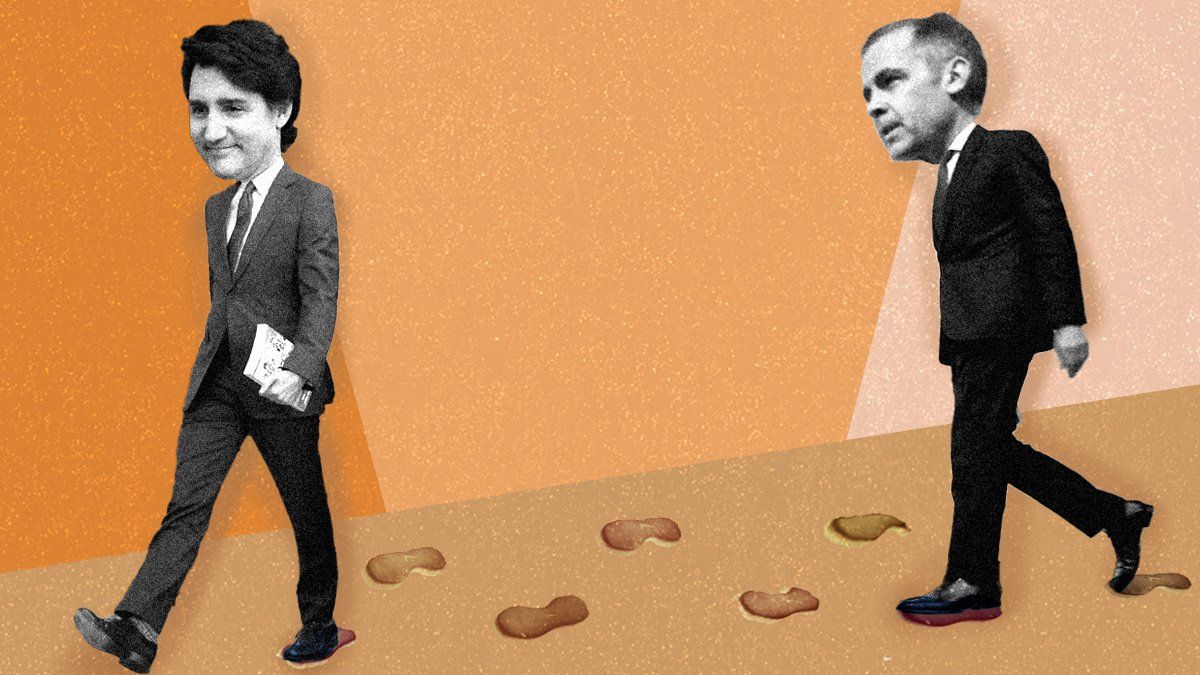Who is lining up to replace outgoing Justin Trudeau as Liberal Party leader and prime minister?
Popular MP Dominic LeBlancannounced Wednesday that he will not run. He took over the Finance portfolio after Chyrstia Freeland abandoned the sinking Trudeau ship last month, and he was already engaged with border issues, having gone with Trudeau to Mar-a-Lago at the end of November. The bilingual LeBlanc – French fluency is a must for Canadian PMs these days – was considered a potential replacement for Trudeau, but he couldn’t abandon his crucial portfolios to take part in the race.
Most speculation is now centered on Freeland, former British Columbia premier Christy Clark and former central banker Mark Carney, who are all considering candidacies.
They all have strengths and vulnerabilities. Freeland has the highest profile and is seen as tough and capable, but she would find it hard to distance herself from unpopular Trudeau policies. Also, some Liberals might resent her for hastening Trudeau’s political demise with her resignation.
Clark is a proven political performer with deep roots in the right wing of the party and could easily distance herself from Trudeau, but the quality of her French is an open question.
Carney, meanwhile, has impeccable economic credentials, a record of achievement at a global level, and speaks French, but he has not proven himself in the rough-and-tumble world of politics.
Several ministers are also considering runs, including François-Philippe Champagne, Karina Gould, Mélanie Joly, Steve MacKinnon, and Jonathan Wilkinson.
They all may wait until the rules are announced to announce their candidacies. The party is under pressure to tighten leadership voting rules, which currently allow foreign students and temporary workers to vote.
It’s too soon to handicap a race, but Carney is the one to watch. The Conservatives keep attacking him, which suggests he makes them nervous. But Carney has never sought public office, and it is impossible to predict if his skin is thick enough or stump presence appealing enough for the job.